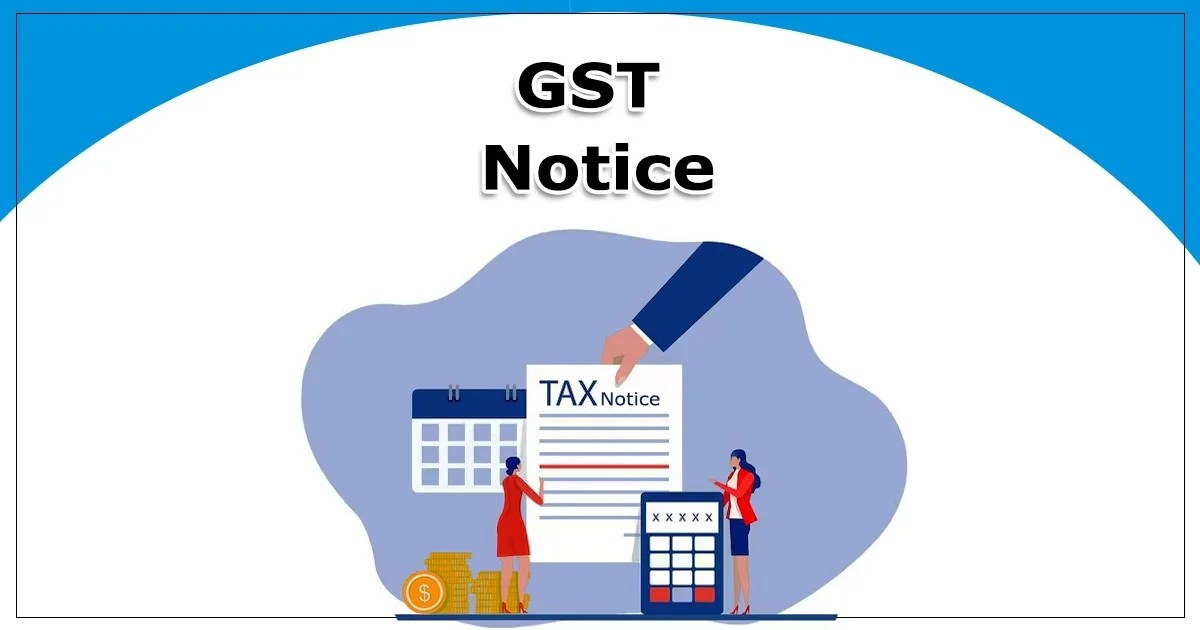
🧾 Notice under Section 61 Cannot Be Issued Based on Market Price Comparison: Jharkhand High Court
By Author | May 20, 2025 | GST Judgements, Jharkhand HC
🧑⚖️ Background
In Sri Ram Stone Works v. State of Jharkhand [W.P. (T) No. 5535/2024, dated May 09, 2025], the Hon’ble Jharkhand High Court quashed GST notices issued under Section 61 of the CGST/JGST Act.
The Court ruled that the department exceeded its jurisdiction by comparing the transaction value in the returns with prevailing market prices, instead of pointing out actual discrepancies in the return itself.
🧱 Case Facts
Sri Ram Stone Works, a registered dealer under the JGST Act, sells stone boulders and chips. The GST department issued a notice under Section 61, alleging that the petitioner sold goods at rates lower than the prevailing market prices.
The department threatened to initiate proceedings under Section 73/74 for tax shortfall.
The petitioner argued that scrutiny under Section 61 must be limited to discrepancies in filed returns—not price comparisons with market rates. Despite replying to initial notices, further Form GST ASMT-10 notices were issued, prompting the writ petition.
⚖️ Legal Issue
Can the GST department issue a Section 61 notice by comparing transaction value with market price, even without evidence of sham transactions?
📜 High Court Observations
- Section 61’s Scope: The Court reiterated that Section 61 allows scrutiny of returns to verify internal discrepancies—not market-based valuation.
- Jurisdiction Overreach: Notices were issued not for return mismatches but for underpricing. The Court held this was outside the powers granted under Section 61.
- Enabling Provisions Explained:
- Section 61: For basic scrutiny.
- Section 65-67: For audit, inspection, and seizure.
- Section 73-74: For adjudication and recovery.
- Law on Valuation: As per Section 15 of the CGST Act, the transaction value is valid if the buyer and seller are unrelated and the sale is at arm’s length. Selling below market price isn’t, in itself, illegal.
🧑⚖️ Court’s Decision
The Court set aside the notices, stating they were without jurisdiction. It emphasized that price-based scrutiny without pointing out actual return discrepancies violates Section 61’s purpose.
📌 Our Comments
This judgment reinforces legal clarity under GST:
- Section 61 is not a valuation tool. It’s meant for verifying the correctness of return data.
- Transaction value, if at arm’s length and between unrelated parties, remains the primary basis for taxation.
- The ruling helps prevent arbitrary use of Form GST ASMT-10 and protects taxpayers from unjustified demands.
